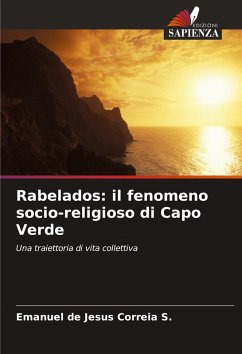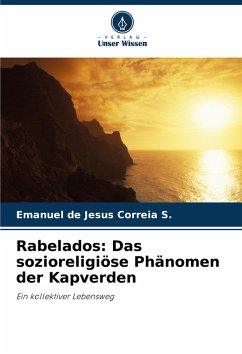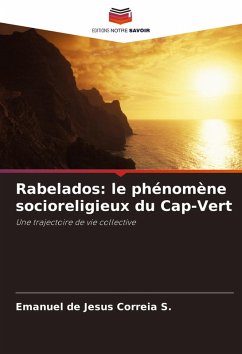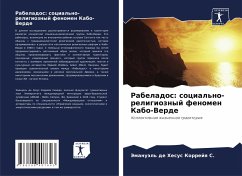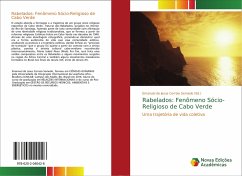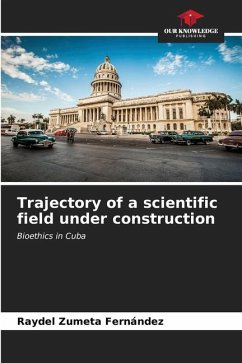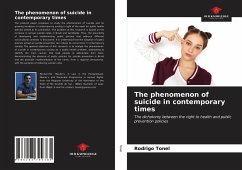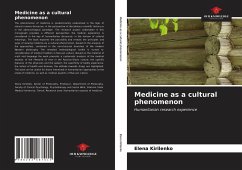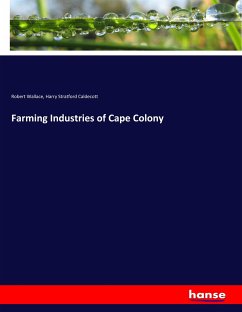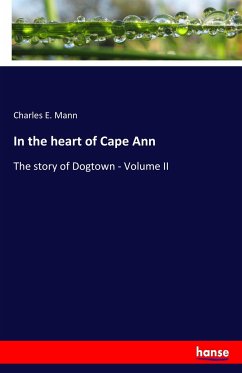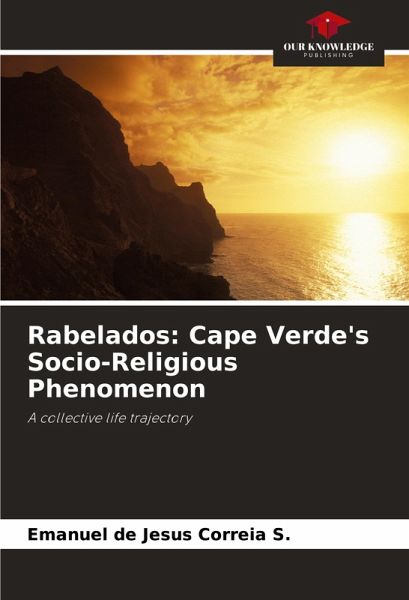
Rabelados: Cape Verde's Socio-Religious Phenomenon
A collective life trajectory
Versandkostenfrei!
Versandfertig in 6-10 Tagen
33,99 €
inkl. MwSt.

PAYBACK Punkte
17 °P sammeln!
This study looks at the formation and trajectory of a specific Cape Verdean socio-religious group. These are the Rabelados, who emerged in the interior of the island of Santiago as part of a community with a traditionalist religious identity, which was formed as a result of Catholic religious reforms in Cape Verde in the 1940s. Through an ethnographic approach, the aim is to demonstrate the autonomous way of life that this community adopted, analysing the practices and collective trajectory, with emphasis on the 'transition process' that the group underwent after contact with the international...
This study looks at the formation and trajectory of a specific Cape Verdean socio-religious group. These are the Rabelados, who emerged in the interior of the island of Santiago as part of a community with a traditionalist religious identity, which was formed as a result of Catholic religious reforms in Cape Verde in the 1940s. Through an ethnographic approach, the aim is to demonstrate the autonomous way of life that this community adopted, analysing the practices and collective trajectory, with emphasis on the 'transition process' that the group underwent after contact with the internationally recognised Cape Verdean artist, poet and cultural activist, Maria Isabel Alves (Misá). Finally, a comparative analysis will be made between the Rabelados and some movements that emerged in the Central African region and also some messianic movements formed in Brazil in the late 19th and early 20th centuries.





